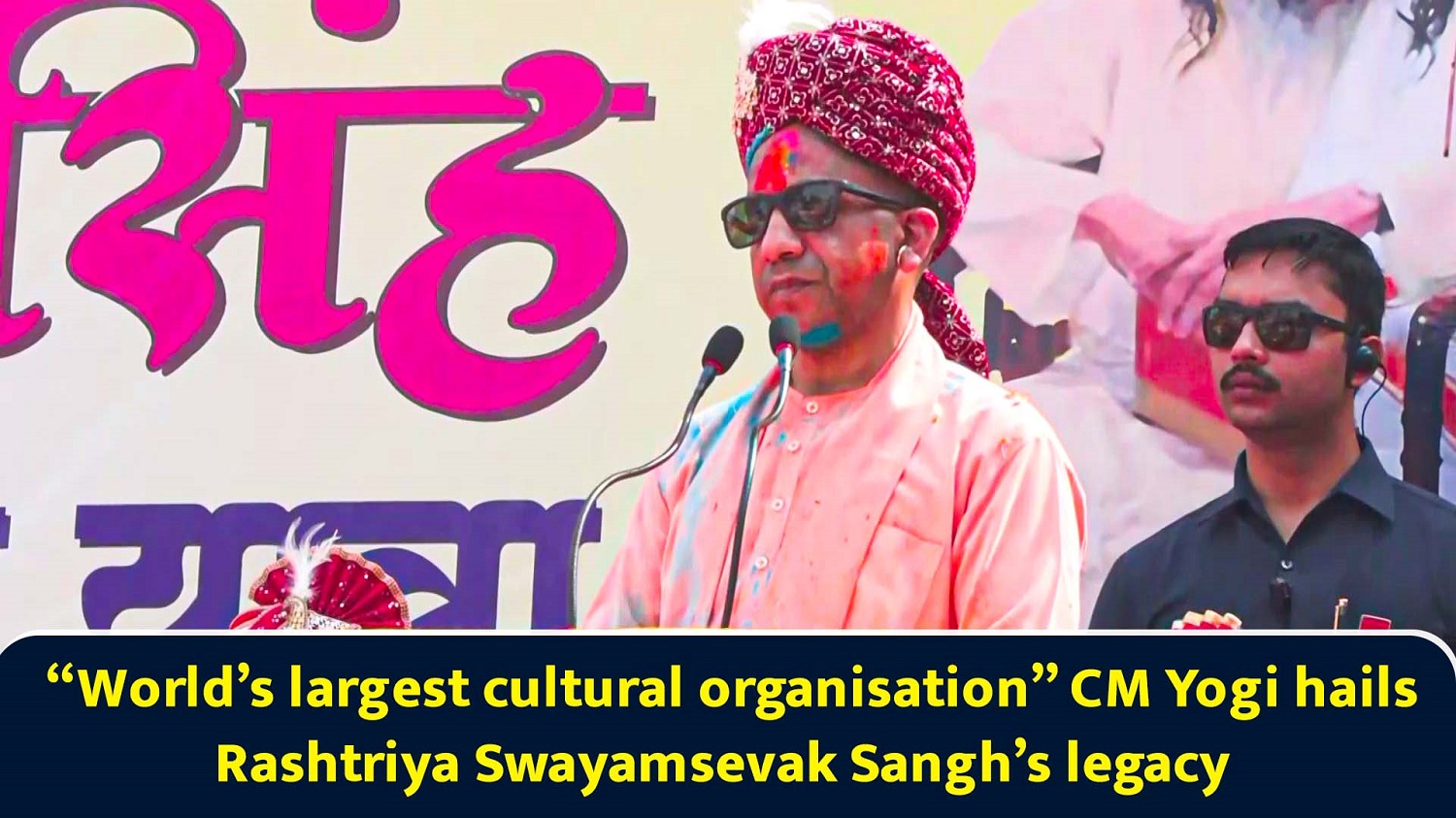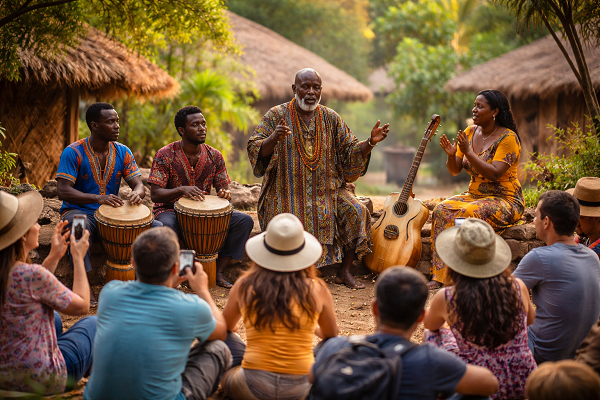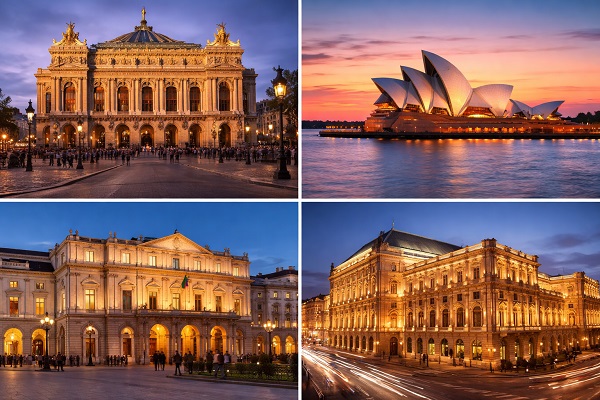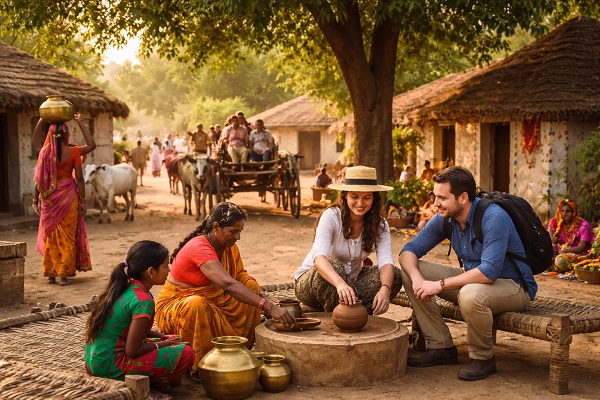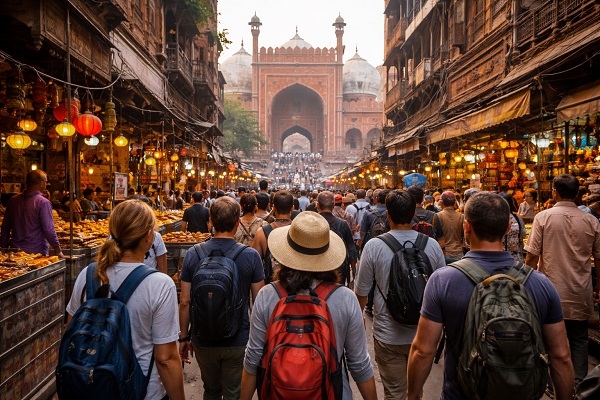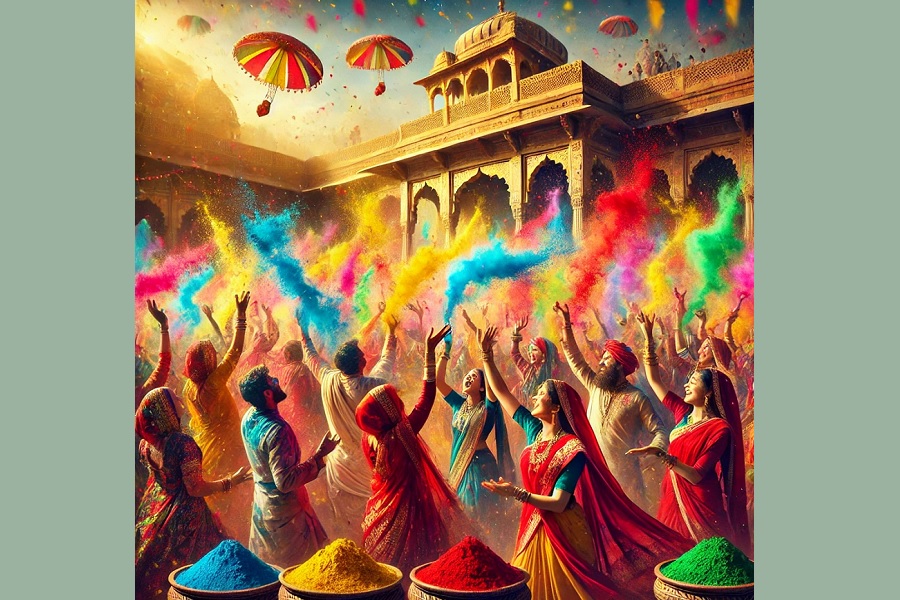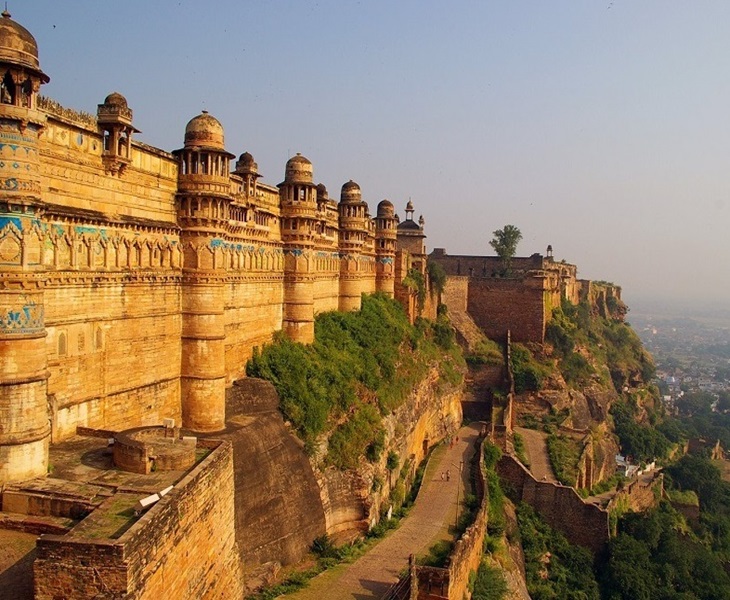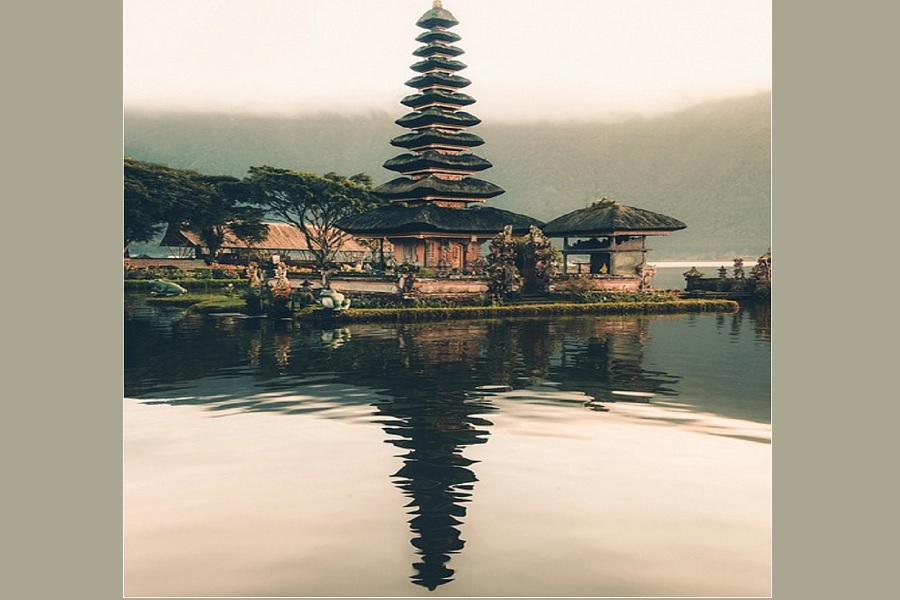Cultural Tourism 2025: Discovering the Soul of a Destination
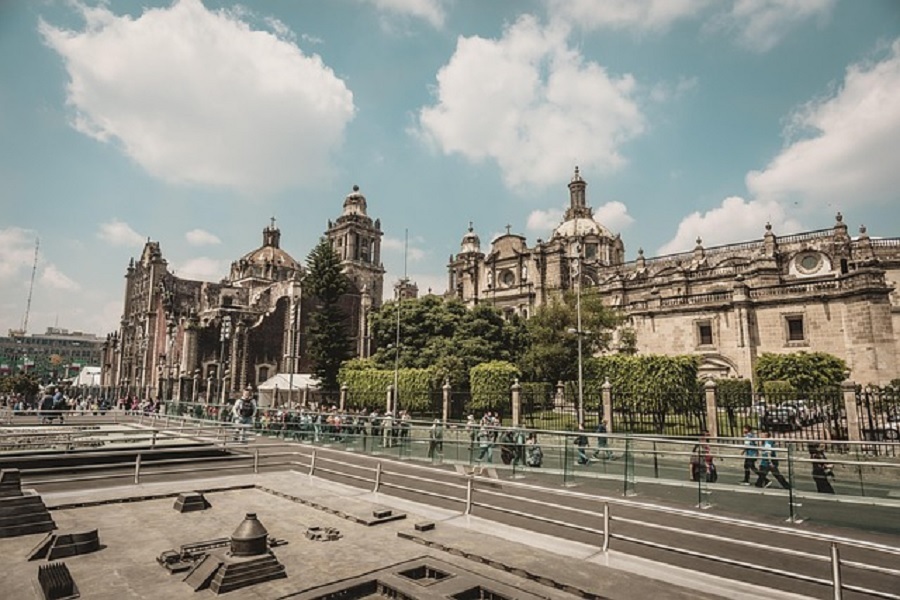
As travelers in 2025 increasingly seek meaningful experiences over material souvenirs, cultural tourism is witnessing a renaissance. From ancient heritage walks to immersive tribal village stays, today’s globetrotters are hungry to connect with local traditions, histories, and lifestyles that define a destination’s identity.
What is Cultural Tourism?
Cultural tourism involves exploring the art, architecture, music, dance, festivals, cuisine, languages, and customs of a place. It allows travelers to become participants rather than mere spectators — creating lasting connections with local communities.
Top Cultural Tourism Hotspots in 2025
1. Varanasi, India
With its spiritual energy and timeless rituals, Varanasi is a top pick for cultural immersion. Travelers enjoy Ganga aarti ceremonies, Sanskrit lessons, and handloom weaving workshops.
2. Kyoto, Japan
Kyoto continues to charm visitors with tea ceremonies, kimono rentals, and its rich blend of temples, shrines, and traditional Geisha performances.
3. Mexico City, Mexico
A mix of Aztec heritage and Spanish colonial influence, the city offers vibrant murals, street food tours, and Day of the Dead celebrations.
4. Marrakech, Morocco
Marrakech is thriving as a cultural hub, drawing visitors to its medinas, hammams, spice markets, and Berber traditions.
Cultural Tourism Trends in 2025
1. Homestays & Community Tourism
Living with local families is rising in popularity, giving tourists a front-row seat to authentic cultural practices.
2. Revival of Forgotten Crafts
Workshops in pottery, traditional painting, and calligraphy are letting travelers become artisans for a day.
3. Festival Tourism
Tourists are planning trips around cultural festivals — from India’s Holi and Pushkar Camel Fair to Spain’s La Tomatina and Japan’s Gion Matsuri.
Digital Cultural Trails
AR/VR-enhanced heritage walks are turning city tours into time-travel experiences — particularly in Rome, Athens, and Istanbul.
Why It Matters
Cultural tourism isn’t just about travel. It encourages cultural preservation, supports local economies, and promotes global understanding. In a time of fast-paced globalization, these experiences keep traditions alive and celebrated.


